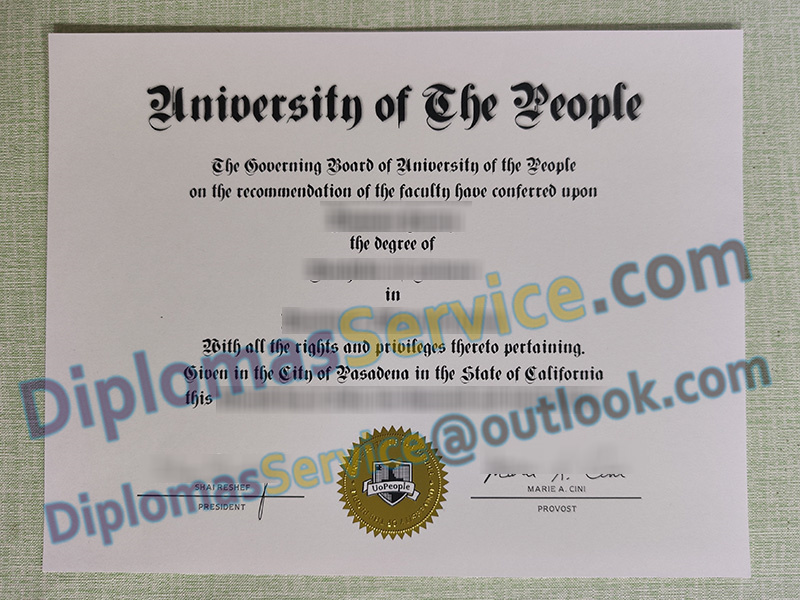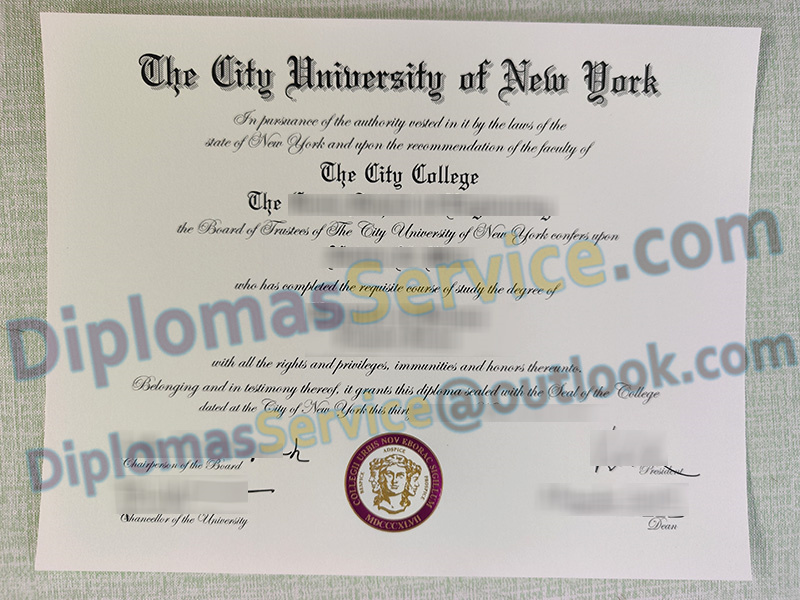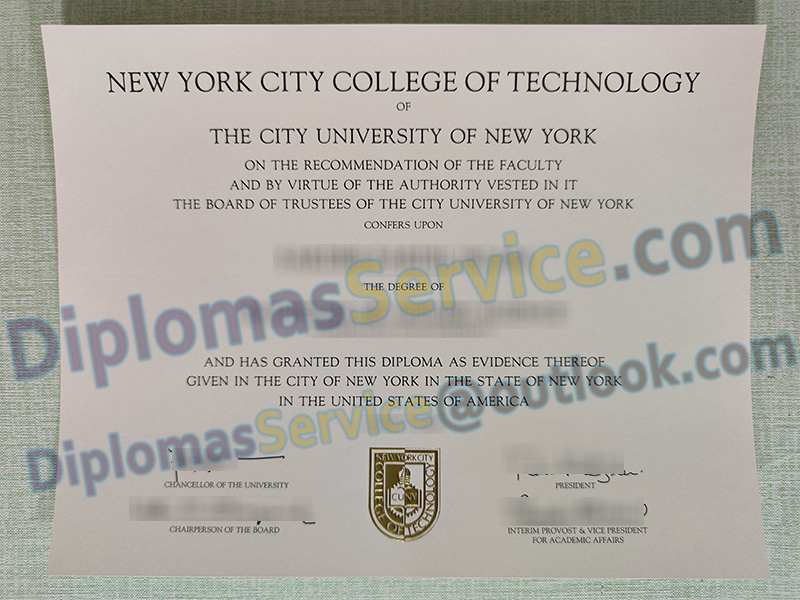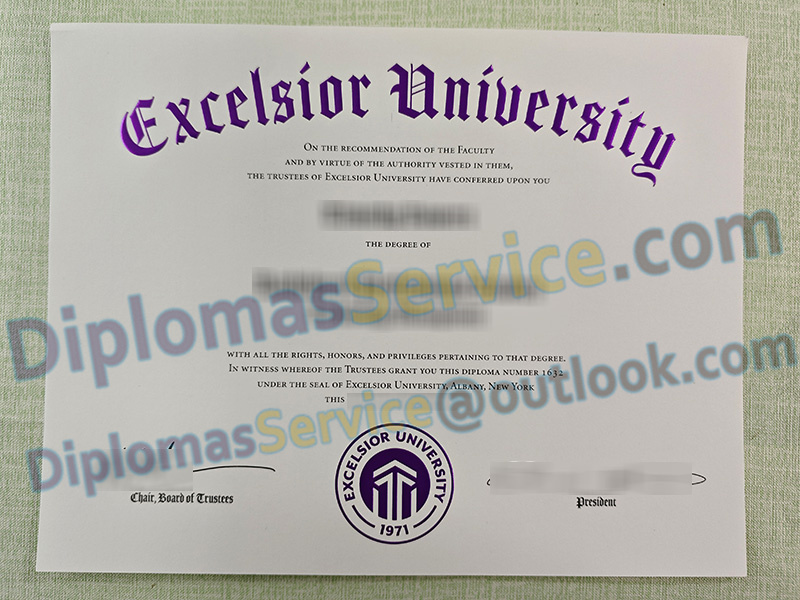
University of the People (UoPeople) stands at the forefront of a global movement to democratize learning, order University of the People diploma. Established in 2009, the institution is the world’s first accredited, tuition‑free, fully online university, delivering high‑quality degree programs to students regardless of geographic location, economic circumstance, or personal obligations. With a mission to “remove barriers to higher education and empower learners worldwide,” UoPeople has reshaped the traditional college model, proving that a rigorous, collaborative, and affordable education can be delivered entirely through the internet.
A Proven Academic Model
UoPeople offers associate, bachelor’s, and master’s degrees in three core disciplines: Business Administration, Computer Science, and Health Science. Each curriculum is designed in partnership with leading universities—such as New York University, the University of Edinburgh, and the University of California, Irvine—ensuring that coursework meets international standards and aligns with industry demands. Accredited by the Distance Education Accrediting Commission (DEAC) and recognized by the United Nations, the university’s programs incorporate peer‑to‑peer learning, real‑world case studies, and competency‑based assessments that prepare graduates for immediate entry into the workforce or further academic pursuits.
Tuition‑Free, Yet Sustainable
While UoPeople eliminates tuition, the university maintains a modest, transparent fee structure that covers essential services such as course assessments, application processing, and optional textbooks. The average cost to complete a bachelor’s degree is under $5,000, a fraction of the expense associated with traditional institutions. This financial model is supported by a robust network of donors, corporate partners—including Microsoft, HP, and Google—and an engaged alumni community that contributes scholarships, mentorship, and career‑placement resources.
Global Reach and Diverse Community
Since its inception, UoPeople has enrolled more than 150,000 students from over 200 countries and territories, order a diploma. The university’s learner‑centered platform fosters a multicultural environment where participants collaborate across borders, share perspectives, and build professional networks that extend far beyond the virtual classroom. By leveraging open‑source technology and adaptive learning tools, UoPeople accommodates varied time zones, language proficiencies, and learning styles, ensuring that every student can progress at a pace that suits their personal circumstances.
Student Success and Outcomes
Graduates of University of the People demonstrate measurable success in both employment and further study. Recent data indicate that 78 % of bachelor’s degree alumni secure relevant employment within six months of graduation, while 41 % pursue advanced degrees at prestigious institutions worldwide. Alumni have entered roles such as software engineers, business analysts, health policy advisors, and entrepreneurs, often citing the university’s emphasis on critical thinking, collaborative problem‑solving, and self‑discipline as key differentiators.
Support Services and Professional Development
UoPeople provides comprehensive support services designed to mirror the campus experience. Dedicated academic advisors guide students through course selection, career planning, and transfer pathways. A 24/7 help desk addresses technical issues, while a robust library of open educational resources supplies up‑to‑date research materials. In addition, the university offers optional career‑services packages—including résumé reviews, interview coaching, and internship placement assistance—to further enhance graduate employability.
Commitment to Innovation and Social Impact
Beyond delivering degrees, University of the People is a catalyst for social change. The institution actively collaborates with NGOs, governments, and private sector partners to expand access to education in underserved regions, develop localized curricula, and promote lifelong learning initiatives. Its research agenda focuses on scalable educational technologies, equity‑focused policies, and the long‑term socioeconomic impact of tuition‑free learning.

















